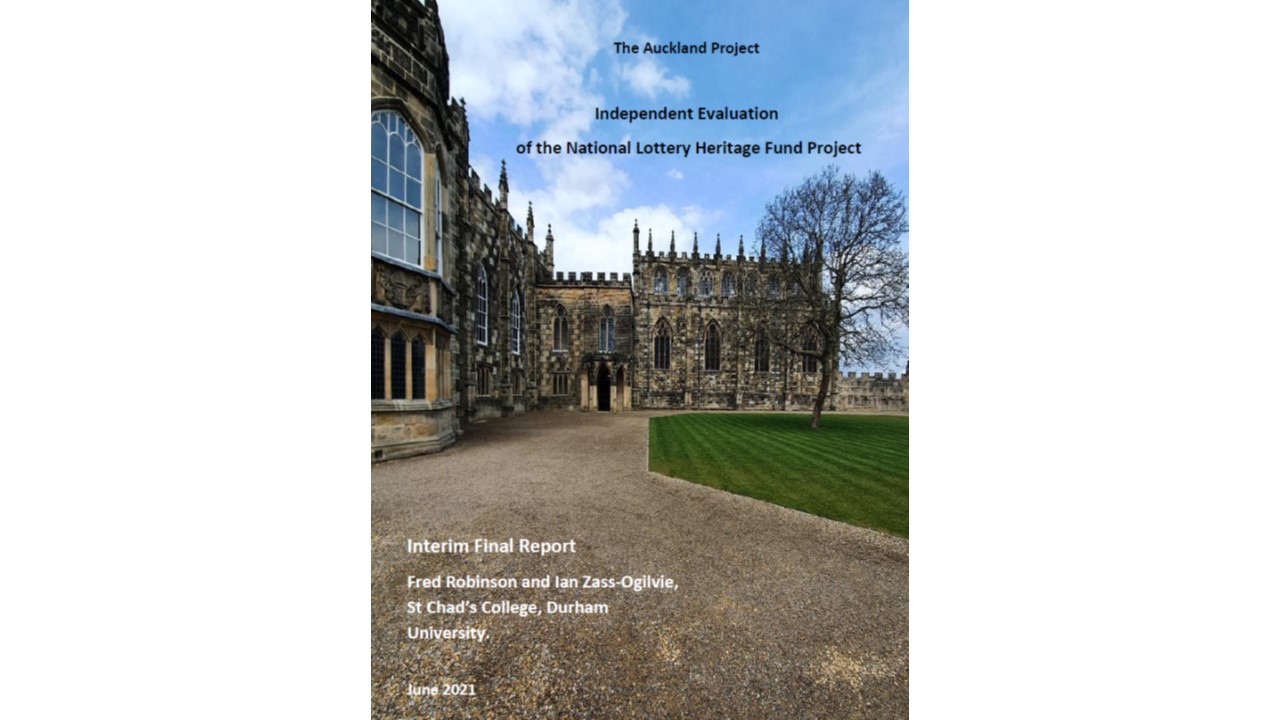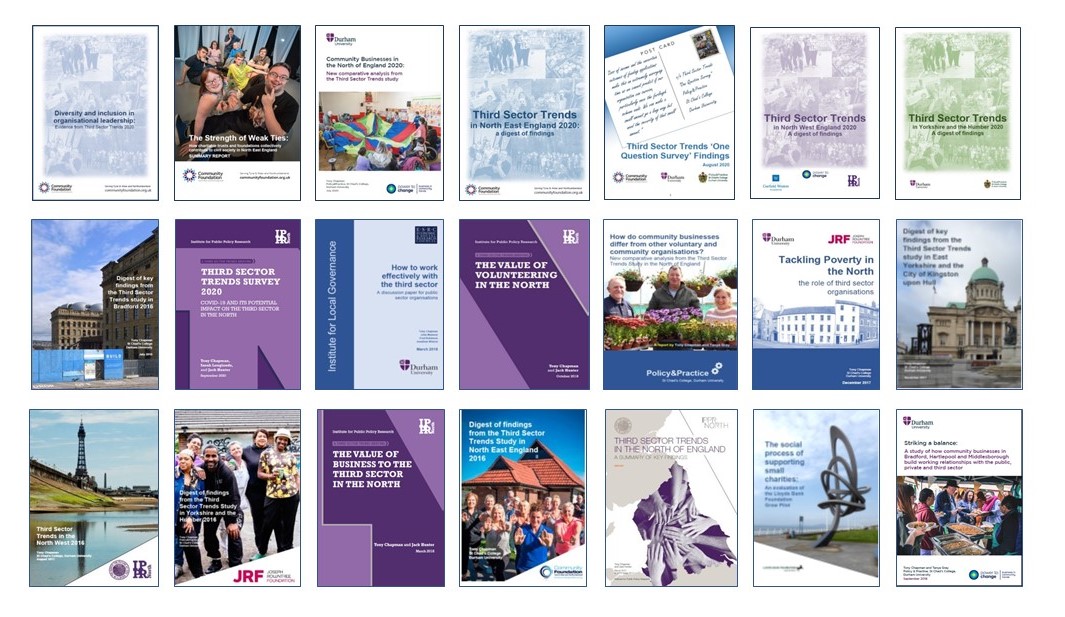Policy&Practice has been commissioned by the Humber, Coast and Vale Health and Care Partnership to provide robust intelligence on the work of the voluntary, community and social enterprise sector (VCSE).
Its aim is to inform debate on how to enhance understanding of the impact the VCSE makes through formal partnership working arrangements, by delivering services under contract, and by undertaking activities of a complementary nature that sustain or strengthen the health and wellbeing of the local population.

The area studies includes the following unitary local authorities and county council districts: East Riding of Yorkshire, City of Kingston upon Hull, North Lincolnshire, North East Lincolnshire and the unitary authority City of York, together with six of seven North Yorkshire County Council Districts: Hambleton, Harrogate, Richmondshire, Ryedale, Scarborough and Selby.
The analysis builds on work published in 2021 for West Yorkshire Combined Authority, together with the Health and Care Partnerships for West Yorkshire and Harrogate, and Humber, Coast and Vale, Yorkshire Sport Foundation, Community First Yorkshire, and Two Ridings Community Foundation.
This research aims to dig deeper into the available data on VCSE sector activity in Humber, Coast and Vale Health and Care Partnership area in order to explore the purpose and extent of support provided and to find out where such support is distributed. It is hoped that the report will help inform debate about the role the VCSE can or should play in supporting health and wellbeing in communities.
In area context, the final report will explore the extent to which VCSE organisations engage directly with local authorities and health organisations by delivering public services under contract and engaging in formal partnership working arrangements.
Early analysis indicates that formal contracts to deliver public services only represents the tip of the iceberg of the overall contribution of the VCSE sector. Consequently, the research will also looks at less direct contributions that VCSE organisations make to public health and wellbeing by working on issues such as building people’s confidence to manage their lives, tackling social isolation and improving access to services.
The final report will be published in February 2022.







 Third Sector Trends is a longitudinal study which was established in 2008. As such it is the longest running research programme of its kind in the UK. The work continued from 2018-2020 thanks to the support of the Community Foundation serving Tyne & Wear and Northumberland, Power to Change and Garfield Weston Foundation and the work is now complete culminating in a series of reports.
Third Sector Trends is a longitudinal study which was established in 2008. As such it is the longest running research programme of its kind in the UK. The work continued from 2018-2020 thanks to the support of the Community Foundation serving Tyne & Wear and Northumberland, Power to Change and Garfield Weston Foundation and the work is now complete culminating in a series of reports.